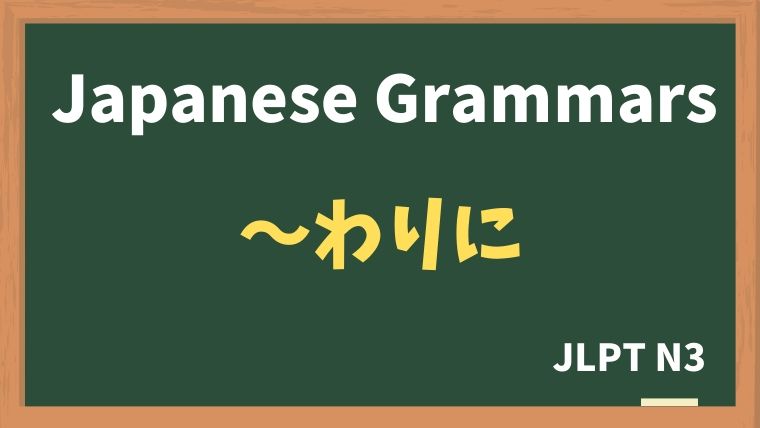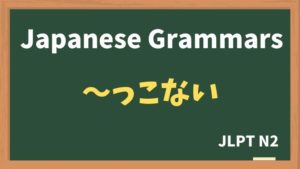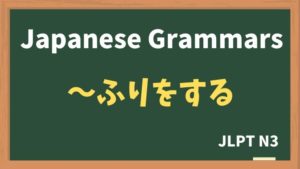
Explanation:〜わりに
fa-check-circleMeaning
”〜ということから期待される結果とは違って"
"differs from what was expected"
Used to express that something is unexpected or contrary to what one might normally expect given a particular situation, condition, or standard.
fa-check-circleForm
V(plain form) + わりに
イA(plain form) + わりに
ナA(plain form) + わりに
N + のわりに
fa-check-circlePoints
- Expressing Discrepancy: "〜わりに" highlights a discrepancy between what is expected and what actually happens or is observed.
- Comparison with a Standard: The phrase often compares an outcome or condition with a standard or expectation.
- Used with Various Contexts: It can be used in a variety of contexts, such as age, price, effort, or situation, to express that something is surprising or not matching the usual expectation.
fa-check-circleJLPT Level
N3
Sample sentenes
この料理は値段のわりに、あまりおいしくない。
(=値段が高いので、美味しいと思ったが、食べてみるとあまりおいしくなかった。)
This dish is not very tasty, considering the price.
あまり勉強していなかったわりに、テストはよくできた。
(=あまり勉強していなかったので、テストの点は悪いと思ったが、けっこうよかった。)
I did well on the test even though I didn't study much.
この映画は人気があるわりに、あまりおもしろくなかった。
(=この映画は人気があるので、おもしろいと思ったが、見てみると、あまりおもしろくなかった。)
This movie wasn't very interesting despite its popularity.
このコンピューター、中古のわりに、高くない?
(=中古だから安いと思ったが、思っていた以上に高いのではないでしょうか。)
Isn't this computer rather expensive for a used one?
この仕事は忙しいわりに、給料は安い。
(=忙しい仕事なので、給料はいいと思ったが、よくない。)
This job is busy, yet the salary is low.
彼は年齢のわりに若く見える。
He looks young for his age.
このバッグは値段のわりに質が良い。
This bag has good quality considering its price.
Vocabulary
| Japanese |
English | |
| 中古 | ちゅうこ | second hand |






